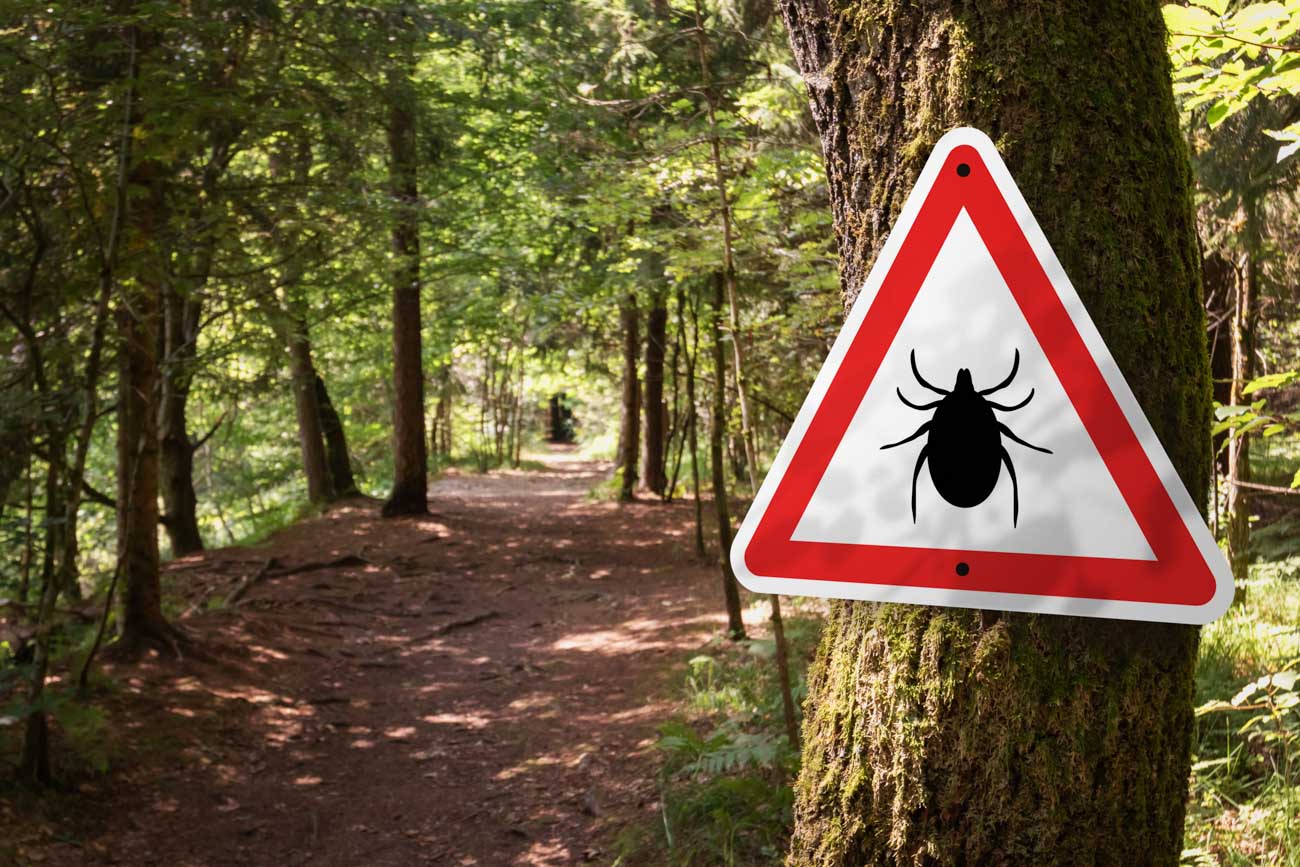Education
Learn More, Explore Better
Which repellent is right for my family? How can I enjoy nature without disrupting it? Is it true that only female mosquitoes bite? You’ve got questions, and we’ve got answers. Discover how insects find you, learn about the active ingredients in repellents, and get expert tips on keeping your family safe. Plus, stay ahead of pesky bugs with the latest insights to make the most of your next outdoor adventure.

Great Outdoors Insect Repellent – West Nile Virus vs. Lyme Disease: What You Need to Know Before Your Next Outdoor Adventure
When you're out enjoying nature, the last thing you want to worry about is [...]

Great Outdoors Insect Repellent – Sunscreen or Repellent: Which Goes First?
When the sun’s warm and the days are long, who doesn’t enjoy spending time [...]

Great Outdoors Insect Repellent – What Does the Number Mean?
Numbers on insect repellents aren't just there for decoration; they actually tell you something [...]
Frequently Asked Questions
Icaridin, also known as picaridin, is an insect repellent which can be used directly on skin or clothing. It has efficacy against mosquitoes, ticks and black flies and is almost colorless and odorless.
It has low levels of toxicity, and is a longer lasting effective alternative to DEET. It has been shown to be just as effective as DEET at repelling mosquitoes, It can also be used on children 6 months and older. Aside from being approved for children over 6 months old, icaridin lasts up to 12 hours and is clean, and non-messy to apply. It dries instantly and doesn’t leave a greasy feel on skin.
DEET has been in use since the 1940s and remains one of the most effective ingredients for repelling biting insects. It helps prevent bug bites and, more importantly, defends against serious illnesses like Lyme disease and West Nile virus by protecting against ticks and mosquitoes—the primary carriers of these diseases.
When choosing a product, consider your planned activities and how long you’ll be outdoors. The percentage of DEET in the product determines how long the protection will last.
Insect repellents should be used within one year and discarded if unused after that time.
According to the Government of Canada, insect repellents containing DEET can be used whenever it is applied as directed and in the right concentration, depending on age.
The right concentration of DEET for:
- adults and children older than 12 years old is up to 30%
- children aged 2 to 12 years is up to 10% — you can apply the product up to 3 times daily
- children aged 6 months to 2 years old is up to 10% — you should not apply the product more than once a day
- For children younger than 12 years old, do not use a DEET product on a daily basis for more than a month.
- For infants younger than 6 months old, do not use an insect repellent containing DEET. Instead, use a mosquito net when babies are outdoors in a crib or stroller.
All of our products provide you with a specific timeline for when you should reapply, but this can vary based on different factors.
All Great Outdoors insect repellents should be stored in a cool, dry, well-ventilated area. Keep all product containers out of the reach of children and pets.
